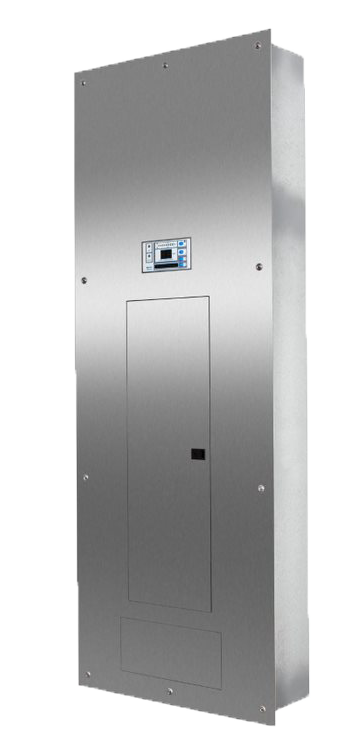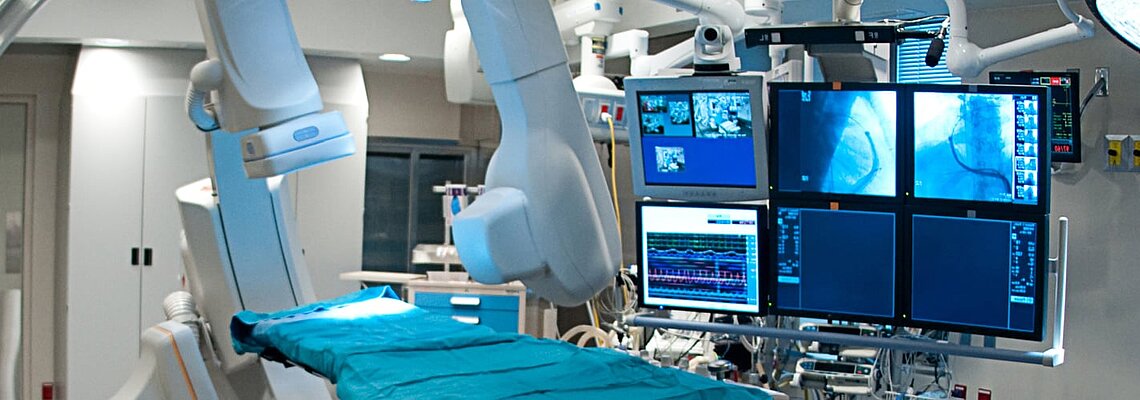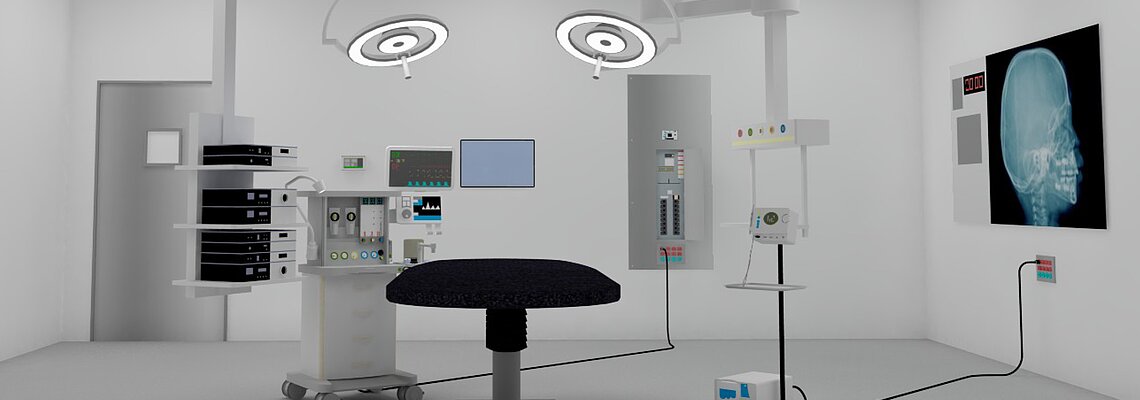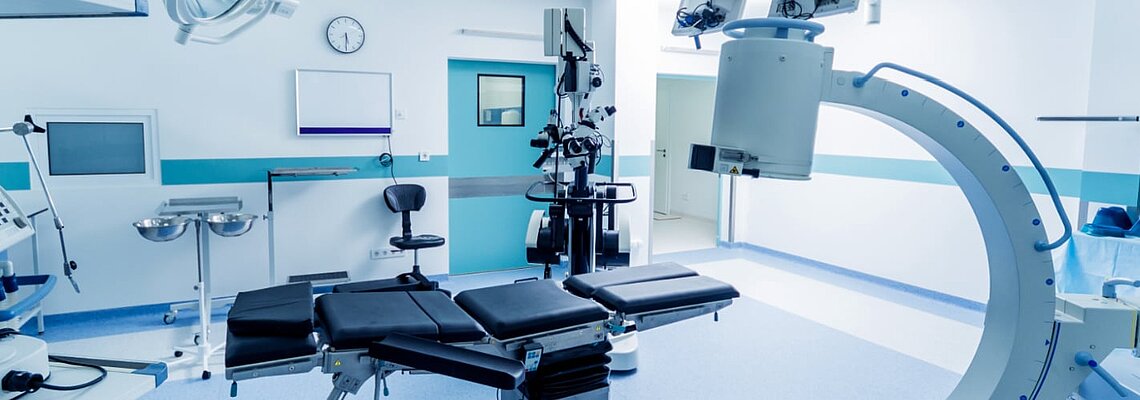
Safe power supply in healthcare facilities
Maintaining a reliable and safe power supply is an elemental requirement in the intricate world of healthcare facilities. Such facilities are dense with life-saving equipment, all of which depend on a constant, uninterrupted flow of electricity. The lifeline ensuring the smooth flow of this power throughout the IEC and NEC world is often an Isolated Power System (IPS). This technology brings a host of benefits to healthcare institutions. IPSs are pivotal in elevating safety measures, preserving the lifespan of medical equipment, and ensuring regulatory compliance, thereby proving to be an integral part of modern medical facilities. Canadian provinces have been hesitant to adopt this technology due to a concern of nuisance tripping. Recent CSA code change has increased the alarm limit to mitigate this concern. With the new changes to prevent nuisance tripping, adopting IPS in operating rooms grants many benefits to patients and healthcare facilities. Here we explore these systems’ distinct advantages, underlining the value of adopting IPS in healthcare facilities throughout Canada.
Prioritizing safety and care
In the healthcare sector, the safety of both patients and medical professionals is paramount. It is here that an IPS manifests its primary advantage. Creating electrical isolation between the power source and the medical devices significantly reduces the potential for electrical shocks. This safety measure is a game-changer, particularly in high-risk zones like operating rooms, intensive care units, neonatal wards, or any place where life-supporting devices operate continuously. This added layer of protection effectively mitigates the risk of electrical shocks, offering a much safer environment for care delivery. Among all the benefits an IPS provides, its role in guaranteeing the continuity of care is the most crucial. Any disruption to power, however minor, can lead to serious implications for patient outcomes. From life-supporting devices to vital surgical procedures, every aspect of patient care relies heavily on the uninterrupted power supply that an IPS provides.
Preventing equipment damage
Apart from prolonging equipment lifespan, an IPS also prevents damage to equipment caused by sudden power surges or fluctuations. Healthcare facilities often house expensive and sensitive equipment that can be negatively affected by irregular power supply. By providing a stable and controlled power source, IPS can significantly reduce the risk of damage, saving hospitals from costly repairs and replacements. The use of an IPS also has a positive impact on the longevity of the sophisticated and costly medical equipment found in healthcare facilities. These devices, often delicate and sensitive to variations in power supply, can have their lifespan and performance significantly enhanced through a clean, stable power supply provided by an IPS. An IPS safeguards these devices by reducing power surges and electrical noise, allowing for more efficient operations and less frequent equipment replacements.
Uninterrupted power supply
A distinguishing characteristic of an IPS is its ability to continue functioning in the presence of a single ground fault. This feature is crucial as it ensures no disruption or loss of power to vital devices during a medical procedure. It provides medical staff with the critical buffer time needed to diagnose and correct the fault without interrupting ongoing care. This attribute of IPS becomes even more vital, considering that even the slightest power disruptions can profoundly impact patient outcomes.
 Drawing 1: Bender healthcare solution
Drawing 1: Bender healthcare solution
IPC vs GFCIs
The GFCIs technology used in residential or commercial technology is also being used to protect patients and medical personnel. GFCIs protect against electrical shocks by quickly shutting off power when a ground fault is detected. While they provide a certain level of safety, they may not be sufficient for hospital operating rooms, where continuous and uninterrupted power is essential for critical life-support systems, diagnostic tools, and other medical devices. A false tripping of a GFCI could lead to a sudden loss of power, posing significant risks to patient care and safety.
Isolated power centers operate by isolating the electrical circuits from the building's grounding system, ensuring that any ground faults do not result in significant current leakage. Instead, the fault is detected and limited to a safe level, preventing potential harm to patients, medical personnel, or medical equipment. This feature is particularly advantageous in areas like operating rooms and intensive care units, where precision medical equipment is in use and electrical disruptions can be life-threatening.
Regulatory compliance
Compliance with international safety standards is another critical area where an IPS comes into play. Regulatory bodies often mandate the use of IPS in certain critical areas of healthcare facilities. In Canada, IPS is required in Wet Procedural Locations where power loss cannot be allowed. Employing an IPS guarantees a safer environment and ensures adherence to these safety norms.
In conclusion, the deployment of Isolated Power Systems in healthcare facilities provides a multitude of benefits. With its crucial role in safety enhancement, fault protection, efficient energy usage, equipment protection, and regulatory compliance, it stands as an essential part of the infrastructure in healthcare facilities. The value that IPS provides extends beyond being a simple tool, contributing fundamentally to the effective delivery of healthcare services and ensuring the sector's resilience in the face of electrical challenges. As healthcare systems continue to evolve and grow, the significance of the role played by these systems will only become more pronounced. The operating rooms in Canadian healthcare cannot fulfill the same electrical safety standards as IEC or NEC due to the slow adoption of this technology.
For more information about this application or to learn more about Bender technology related to your specific application, contact our team of experts.
This article is for informational purposes only. Bender provides the information "as is" without warranty and is not responsible for its accuracy or reliability. No warranties are given regarding its suitability for any specific circumstances.




